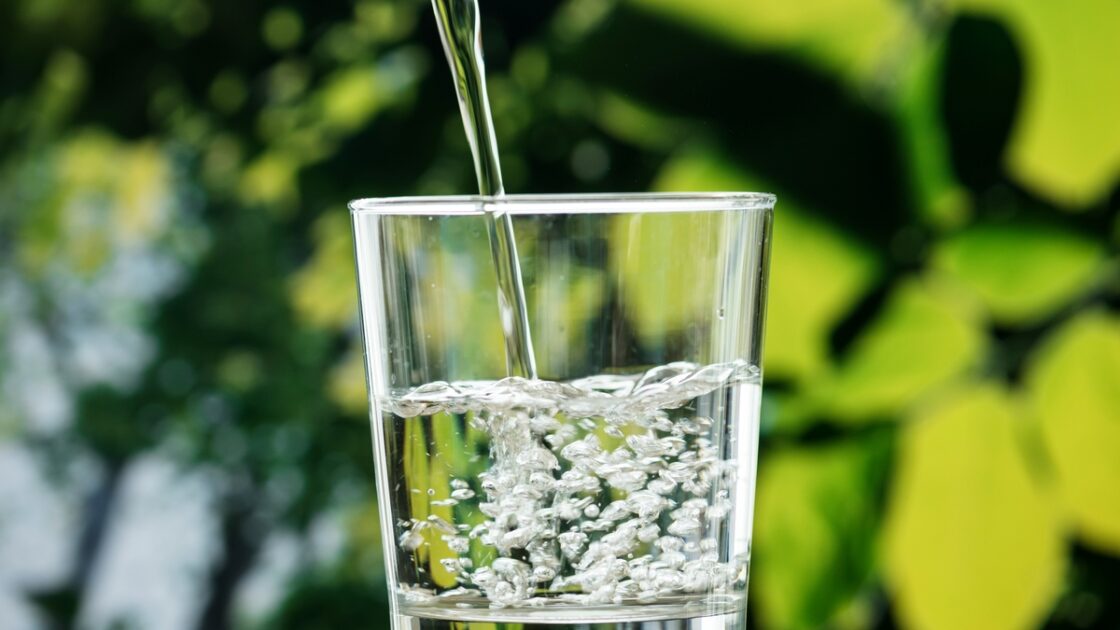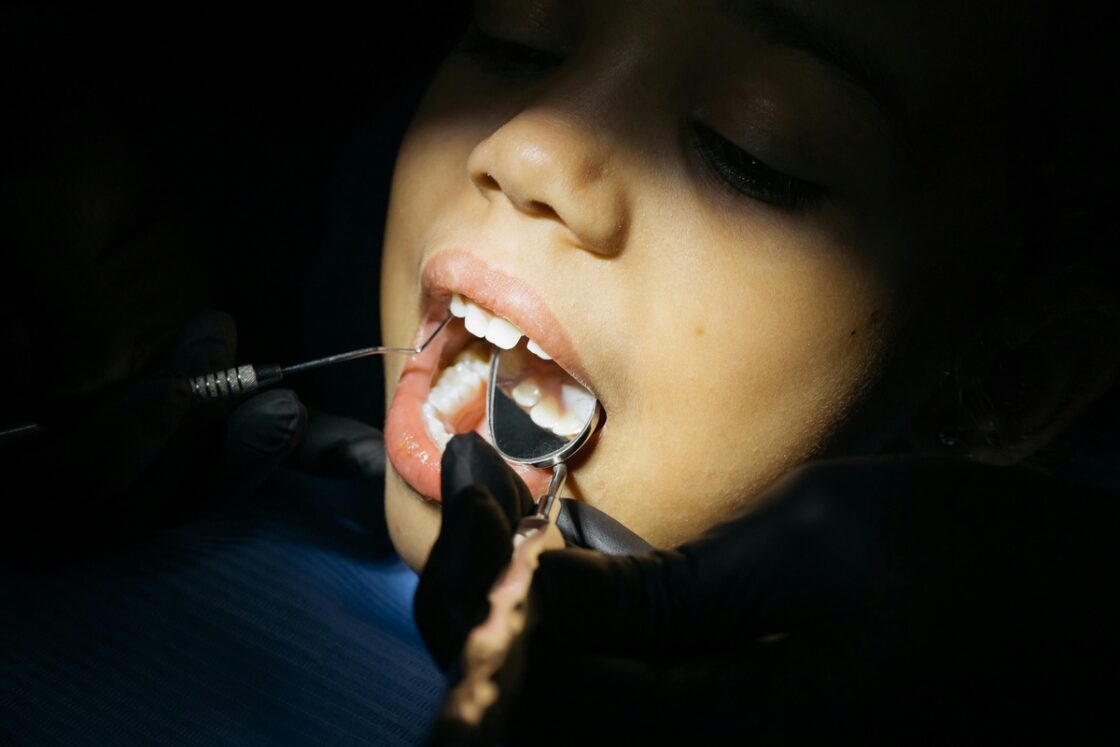
U.S. Health Secretary Robert F. Kennedy Jr. is on a war against additives, from artificial colors to the added sugars he deems “poison.” The latest target of his Make America Healthy Again crusade? Fluoride.
Fluoride has been routinely added to drinking water across America since the late 1940s, thanks to evidence that it can strengthen teeth and reduce cavities by replacing the minerals lost through normal dental wear and tear. But in late April, Kennedy announced his plans to tell the Centers for Disease Control and Prevention to stop recommending that fluoride be added to drinking water. The EPA announced simultaneously it was reviewing “new scientific information” on the potential risks of fluoride in our water, notably its purported effects on the IQs of children.
“Secretary Kennedy has long been at the forefront of this issue,” says EPA Administrator Lee Zeldin. “His advocacy was instrumental in our decision to review fluoride exposure risks, and we are committed to working alongside him, utilizing sound science as we advance our mission of protecting human health and the environment.”
But not all experts agree that this is the best way forward. They note that the studies motivating the move are flawed at best, and that the impact on the dental health of low-income Americans could be dire. So is fluoride bad for you, or is it the best preventative measure we have against tooth decay? Here’s what we know.
What Is Fluoride?

Fluoride is a naturally-occurring mineral that has been found to prevent and even repair enamel erosion and tooth decay.
It’s best known for strengthening tooth enamel, the hard outer layer of our teeth. In our lives, the enamel in our teeth is constantly being slowly eroded by acids from bacteria, plaque, and sugars in our mouths. These acids cause a loss of minerals, or demineralization. Fluoride helps reverse this demineralization by replenishing lost minerals, making our enamel more resistant to the acid in our mouths.
The Science Behind Fluoride in Drinking Water
According to Scientific American, the initial fluoridation of drinking water systems in the United States reduced cavity rates by 50 to 70 percent in children, and 20 to 40 percent in adults1. Today, thanks to other fluoride sources like fluoridated toothpastes, fluoridated water systems are estimated to reduce these rates by a more humble (but not insignificant!) rate of about 25 percent.
On the other hand, too much fluoride in drinking water has been associated with a number of health risks, including skeletal fluorosis, a buildup of fluoride in the bones that can lead to joint stiffness and pain. While some evidence seems to show a link between water fluoridation and certain cancers, it’s not enough to confidently answer the question “does fluoride cause cancer?” The American Cancer Society notes that these links are “equivocal” and weak2.
A Controversial New Report

The current vitriol against fluoridation stems mainly from a 2022 report by the National Toxicology Program, which summarized data from studies in countries including China and Canada3. The report highlights studies that seem to indicate that drinking water with more than 1.5 milligrams of fluoride per liter could be associated with lower IQs in children.
So how much fluoride in tap water is acceptable? The current recommended limit set by the United States Public Health Service was reduced in 2015 from 0.7mg per liter to 1 mg per liter, and the EPA currently has imposed a maximum fluoridated drinking water standard of 4 mg per liter.
“In my opinion, the best evidence shows that CWF [community water fluoridation] is not harmful to people, including not to bone, thyroid, IQ, etc.”
Dr. Steven Levy, dental health care researcher at the University of Iowa
Experts are critical of this new report, which failed twice to pass scientific review from the National Academies of Sciences, Engineering, and Medicine. The American Dental Association and American Academy of Pediatrics claim the data the report relied on contained important omissions. For Dr. John Fawell, a member of the expert committee for the WHO Guidelines for Drinking Water Quality since 1988, this new paper “does not yet allow a conclusion of causality.”
Dr. Steven Levy, a dental health care researcher at the University of Iowa, agrees. “In my opinion, the best evidence shows that CWF [community water fluoridation] is not harmful to people, including not to bone, thyroid, IQ, etc.,” says Levy. “The recent NTP report on fluoride and JAMA Pediatrics meta-analysis and federal court case were deeply-flawed analyses since they did not properly take into account the poor quality of the studies and the many limitations, errors, biases.”
The Risks of Removing Fluoride from Drinking Water
“There are underprivileged groups who find it difficult to access dental care and dental hygiene products, and water fluoridation is a low cost and reliable way of reaching these groups.”
Dr. John Fawell, member of the expert committee for the WHO Guidelines for Drinking Water Quality
According to Fawell, fluoridating drinking water is essential for dental health, particularly for communities who cannot afford regular dentist visits. “The evidence for fluoride helping to prevent tooth decay, particularly in children, is very strong,” says Fawell. “There are underprivileged groups who find it difficult to access dental care and dental hygiene products, and water fluoridation is a low cost and reliable way of reaching these groups.”

The repercussions of the proposed changes, according to Levy, are likely to include “more cavities, dental costs, pain and suffering.”
“This is a complex area where science and policy are not very comfortably juxtapositioned, and it is unfortunate that artificial fluoridation generates so much heat,” adds Fawell. “I think that the new evidence should not be just dismissed, but I do think that no decisions should be taken without very careful and objective consideration of both the scientific evidence and the benefits.”
State-Level Changes in Water Fluoridation Are Already on the Rise
In advance of potential changes on the federal level, several states and communities have already begun to eradicate fluoride from their drinking water. In March, Utah became the first state to ban fluoride in public drinking water, effective May 7.
“I’m very, very proud of this state for being the first state to ban it, and I hope many more will,” Kennedy said at the time. And he may soon get his wish. Florida lawmakers approved a bill to ban the mineral from water systems in late April4, and similar fluoride ban legislation is in the works in Kentucky, Massachusetts, and Nebraska. Since 2010, more than 170 American cities, towns, and counties have stopped water fluoridation.

But is the removal of fluoride in drinking water a good thing? Other communities have already nixed water fluoridation to unfortunate results. Israel eradicated the practice in 2014; afterwards, children aged three to five required twice as many dental procedures5. In Calgary, fluoridation stopped in 2011; pediatric dentist Dr. Warren Loeppky tells Science News that he has seen an uptick in the aggressiveness and severity of tooth decay in children over the past decade6.
Overall, we may be jumping to conclusions on the science here by prematurely removing fluoride. If RFK Jr. gets his way, or if you live in a state where water fluoridation is being rolled back, it could be worth considering fluoride toothpaste and mouthwashes to protect your teeth.
Sources:
- https://www.scientificamerican.com/article/fluoride-in-drinking-water-is-safe-heres-the-evidence/
- https://www.cancer.org/cancer/risk-prevention/chemicals/water-fluoridation-and-cancer-risk.html
- https://ntp.niehs.nih.gov/research/assessments/noncancer/completed/fluoride
- https://www.nbcnews.com/health/health-news/florida-water-fluoridation-political-fluoride-kennedy-rcna200645
- https://ijhpr.biomedcentral.com/articles/10.1186/s13584-024-00637-5
- https://www.sciencenews.org/article/fluoride-drinking-water-dental-health

